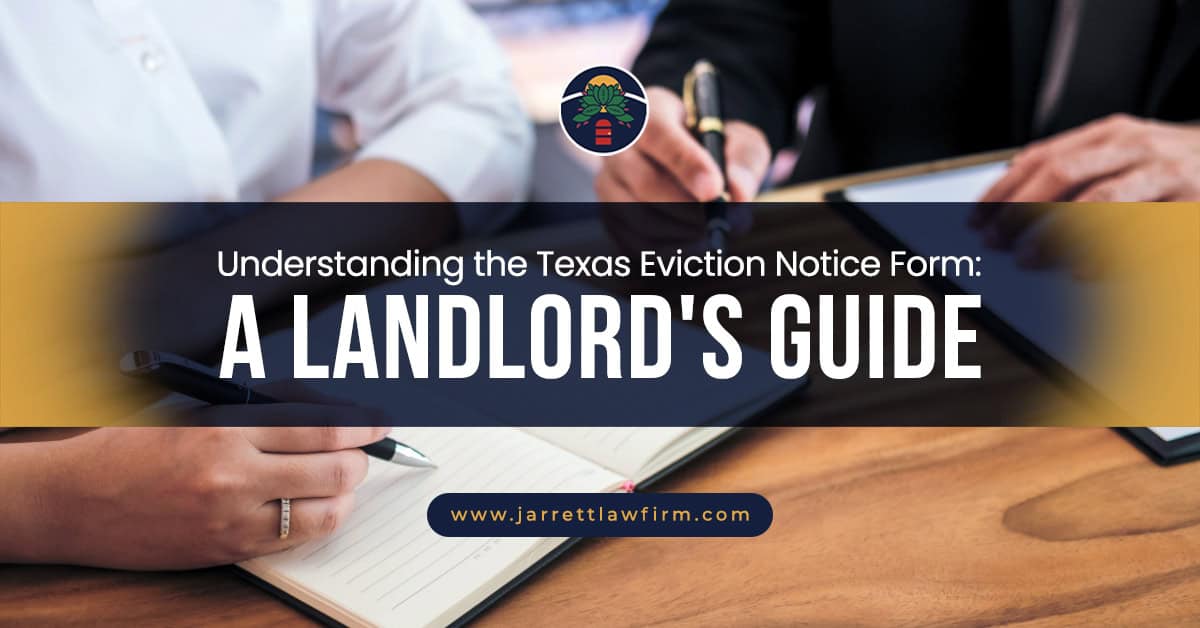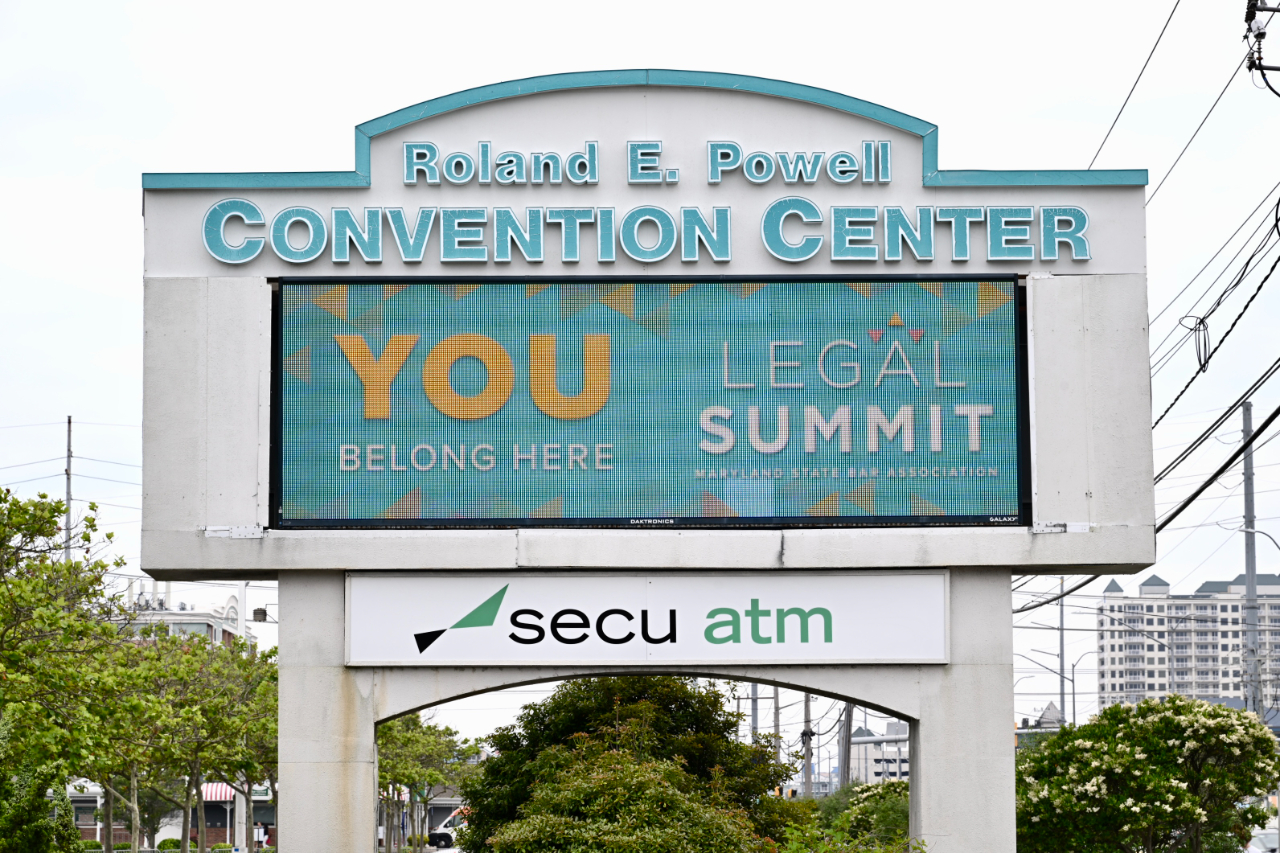Understanding Costa Rica’s Tax Incentives for Investors and Retirees – Technologist
ARTICLE 16.- On the enjoyment of fiscal incentives for investors, retired residents, or income-based residents.
Foreign individuals classified as investors, retired residents, or income-based residents, may enjoy the fiscal incentives established in article 5 of the Law.
For these purposes, the DGME will send a copy of the resolution that authorizes or disallows one or several of the classifications mentioned in the previous paragraph to the General Directorate of Taxation and the General Directorate of Finance, according to the interinstitutional coordination agreement that is signed for that purpose.
ARTICLE 17.- Exemption from import taxes. Beneficiaries of Law No. 9996 may import exempt from taxes:
Household goods: Will be exempt from import taxes, for one time only, upon the beneficiary’s management in the EXONET System and authorization issued by the DGE, the import taxes for household goods, instruments, or materials for the professional or scientific practice of the applicants.
For this, the interested party must detail and justify in their exemption application the quantity of goods to be exempted and demonstrate that they are consistent with their economic, family, and professional situation. Based on the information submitted, the DGE will perform the analysis based on the definition pointed out in relation to quantities and issues of proportionality, according to each specific case.
Vehicles: Beneficiary individuals may import up to two land, air, and/or maritime transport vehicles for personal or family use, free of all import taxes, customs duties, and value-added taxes.
In these cases, prior authorization from the DGE of the General Directorate of Finance will be required for the application of the tax benefit, through the procedure established by Executive Decree No. 3 1611-H of October 7, 2003, and its amendments.
ARTICLE 18.- Requirements for the exemption from import taxes.
- a) Exemption application made through the EXONET System
- b) Be up to date in the compliance with their material and formal tax obligations, as well as in the submission of tax declarations they are obliged to before the dependencies of the Ministry of Finance, in accordance with what is established in article 18 bis of the Tax Code, as will be defined by general resolution.
- c) Be up to date in their social security obligations with the Costa Rican Social Security Fund (CCSS), in accordance with what is established in article 18 bis of the Tax Code and 74 of the Constitutive Law of the CCSS.
- d) Hold the authorized and current migratory status of “Investor, Retired Resident or Income-based Resident”.
- e) Present the list of goods and household items to be exempted. In this point, the interested party must justify the proportionality in the quantity of the goods and that these are suitable for their economic, family, and professional situation.
ARTICLE 19.- Procedure to request the Exemption in EXONET. To carry out the procedures related to the enjoyment of the exemptions listed in article 5 of the Law, beneficiary individuals must register in the Electronic Information System called EXONET of the General Directorate of Finance.
The beneficiary must log in via the Internet to the tab called “Exemptions” found on the official page of the Ministry of Finance’s Website or to the URL https://www.hacienda.go.cr/.
In accordance with what is established in article 102 of the Tax Code, the DGE has a maximum period of two months to attend to and resolve the raised management.
ARTICLE 20.- Registration of activities in the Single Tax Registry. Individuals duly authorized by the DGME as investors, retired residents, or income-based residents, who carry out economic activities in the national territory, must register with the General Directorate of Taxation, in accordance with the current procedures established for registration, modification of data, and deregistration in the Single Tax Registry.
ARTICLE 21.- Exemption in the Real Estate Transfer Tax. In cases where the beneficiary acquires real estate within the validity period of this law, they may apply a reduction of up to twenty percent (20%) of the total transfer tax due.
For this, the beneficiary may apply the tax reduction in the transfer form established by the General Directorate of Taxation, in accordance with the procedure established by general resolution.
In cases where the beneficiary individual transfers these acquired assets under this article within the validity period of the Law, the acquirer must liquidate and pay the originally exempted taxes.
ARTICLE 22.- Validity period of the incentives. As established in the first paragraph of article 12 of the Law, investors, income-based residents, or retirees may opt for the benefits granted in article 5 of Law No. 9996 only during the first five years of its validity.
In the case of investors, income-based residents, or retirees who opted for such benefits during the first five years of the validity of the Law, as established in the second paragraph of article 12 of the Law, they must keep the assets in their possession for at least 10 years.
In the case of vehicles, the transfer to third parties will proceed after 10 years from the granting of the benefit, after the process of tax release in the EXONET System.
The respective transfer is subject to the payment of the tax established in article 10 of Law No.7088, Tax Adjustment and Resolution 18ª of the Customs and Tariff Council CA, of November 30, 1987, and its amendments.
ARTICLE 23.- Replacement of household goods or their instruments or materials for professional or scientific practice. Goods imported exempt that suffer destruction or loss due to theft may be replaced by others similar exempt from the payment of taxes on their acquisition, during the first five years of validity of Law No. 9996, upon compliance with:
1- New exemption application processed by the EXONET System, in which the requirements established in article 18 of this Regulation, referred to as “Requirements for the exemption from import taxes”, are provided.
2- In case of theft, present a copy of the corresponding judicial complaint where the stolen goods are adequately described.
3- In case of destruction, present a sworn statement indicating the reasons and date of the event that caused the destruction of the goods.
ARTICLE 24.- Replacement of vehicle. Vehicles imported exempt in accordance with the Law and this Regulation may be replaced by another, in case of loss of the vehicle due to theft, total destruction by fire, flood, collision, or accident, occurring during the 5-year validity period of the benefits granted according to the provisions of the second paragraph of article 12 of Law No. 9996, in which case the owner may import another vehicle free of taxes.
In these cases, the procedure and requirements established in articles 17 and 18 of this Regulation must be addressed.
ARTICLE 25.- Tax settlement in cases of cancellation or revocation of the authorization of the migratory status of the beneficiaries. In those cases where the beneficiary individual renounces their status as “investor”, “retired resident” or “income-based resident”, or, in the case that the migratory status is canceled by the DGME, they must pay the taxes on the goods for which they received exemptions, as well as any type of benefit, also having to pay the respective taxes to nationalize those goods that had been imported without the payment of taxes.
Likewise, they must pay the respective interests and penalties, in accordance with what is established in Title III of the Tax Code.



